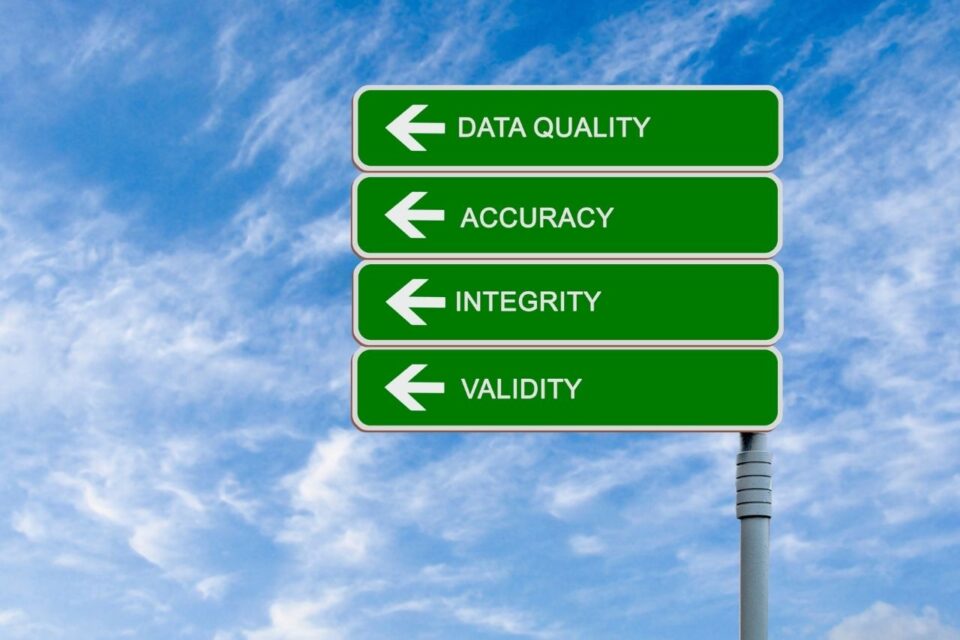
How is Technology Changing the RCM Process?
April 15, 2019
Seasons Can Have an Impact on Hospital’s Revenue Cycle Performance
April 29, 2019Healthcare providers are given the responsibility of making the lives of their patients better via effective treatment.
However, this is not the only thing on their minds.
Another responsibility they have is to have the right reimbursement at the right time from their patients to ensure that operations go smoothly.
This is not as easy as it sounds.
This is mainly due to the fact that most hospitals have faulty and inefficient payer contract management systems in place.
To maximize provider revenue, it is essential to pay heed to payer contract management.
What is payer contract management?
Payment contract management is a system that manages the fee schedules, reimbursement requirements and terms and conditions of each payer. To ensure that revenue is collected smoothly, healthcare providers require all of this information. Therefore, it is safe to say that payer contract management is one of the most important practices.
Sadly, most providers and hospitals have been unsuccessful in implementing a comprehensive payer contract management system. This is because the task is very complex and may require negotiating and managing an array of contracts, all at the same time.
The process is lengthy, complicated, cumbersome and time-consuming, regardless of whether you have a government payer or a commercial one.
How to overcome the challenge
Is it possible to overcome the challenges posed by payer contract management systems?
Yes! All you need to do is understand all the foundations of a payer contract, learn how to decipher contract language and create a central platform which allows for effective negotiations and management.
Basics of payer contract
To understand a payer contract, you don’t necessarily need a law degree, even though the document is a legal document per se. In fact, while the contract may seem complicated at first glance, it is essential to understand the technicalities written in the fine print to avoid claim denials.
The essential elements of a payer contract include:
• The rates for billed services.
• The time provider has before he is required to submit a claim for a service (in days).
• Time duration by which payer must reimburse the healthcare provider (in days).
• Scope/type of services that the payer covers.
• The procedure for dispute in case of claim denial.
• Notice period for termination.
Term of contract
Merely having a sound understanding of these elements is not akin to getting payments in time.
However, it will help in streamlining the process which will them maximize reimbursement.
As a healthcare provider, it’s important to make sure to dig deep into each of these elements. This will not just prove to be beneficial for maximizing revenue. Instead, it will also help your hospital in easily fighting off all claim denials.
Why? Because you will be better equipped to understand the nitty gritty of the legal document.
Conclusion
All in all, payer contract management cannot be overlooked if one wishes to maximize provider revenue. Give it the attention it deserves and witness as your bill collections increase.
Do you want to increase your bottom line? Learn how our software is saving other organizations $$MILLIONS!
If you are interested in a free demo of our AllPayor® Software, please go HERE or you can register for a FREE webinar HERE





